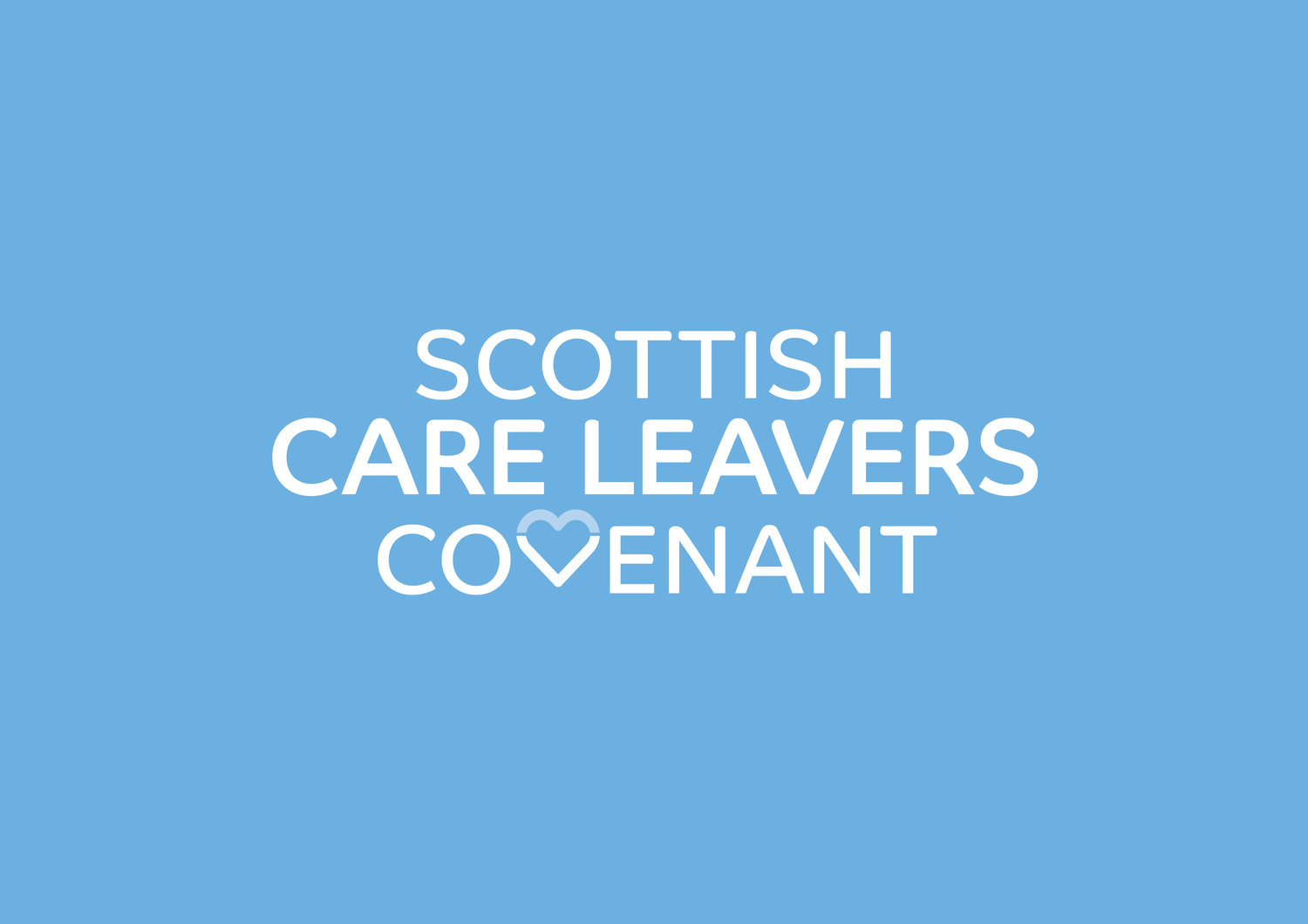Care leavers and Council Tax exemptions
The issue of financial hardship and the impact of poverty on care leavers is well documented. Care leavers are particularly vulnerable when it comes to financial hardship. Two recent reports by The Children’s Society, Wolf at the Door and the Cost of Being Care Free both demonstrate the financial vulnerability of care leavers.
One of the the main concerns is how Council Tax debt can escalate quickly increasing the pressure on care leavers. In England, the Children’s Society have been working closely with Councils to encourage them to exempt care leavers from Council Tax until the age of 26 and this is beginning to slowly gain traction south of the border. In Scotland, things are different.
The Scottish scene
In Scotland, Council Tax powers, including exemptions, are determined through national legislation by the Scottish Government, namely the Local Government Finance Act 1992. In the Spring of 2017 the Scottish Care Leavers Covenant, working in partnership with other key stakeholders, called for a nationally available Council Tax exemption for care leavers in Scotland.
In October 2017 the Scottish Government announced its intention to exempt care leavers from paying Council Tax. This was followed by the publication of regulations which came into force on 1 April 2018, allowing care leavers (up to the age of 26) to be exempt from Council Tax. The Council Tax (Discounts) (Scotland) Amendment Regulations 2018 (SSI, 2018 No.39) delegates powers to local authorities to administer this exemption in their area. The Scottish Care Leavers Covenant Alliance welcome this measure as a good example of leadership and corporate parenting, and a practical and positive benefit to care experienced young people.
More than half of Scotland’s local authorities, along with many other statutory corporate parents and other public bodies have endorsed the Scottish Care Leavers Covenant. By endorsing and signing up to the Scottish Care Leavers Covenant, corporate parents can demonstrate their commitment to excellence by transforming practice, culture and outcomes for all care leavers.
This legislative action aligns with the principles of the Scottish Care Leavers Covenant, notably:
Care-proofing of policy: Corporate parents recognise the vulnerability of care leavers as young adults, and prioritise and reference them in policy documents. Given the inequalities in opportunity encountered by care leavers, corporate parents will treat them as a ‘protected group’ with the potential impact of changes to policy measured through Equality Impact Assessments.
Assumption of entitlement: Corporate parents will assume all care leavers are entitled to services, support and opportunities, up to their 26th birthday. Where discretion exists in definitions of vulnerability, or in giving priority access, these will be in favour of care leavers.
Supporting the implementation of Council Tax exemption for Scotland’s care leavers
Consistent and effective implementation of public policy can be challenging, and this is particularly so in relation to services and provisions for Scotland's care leavers.
In response to feedback from a wide range of stakeholders, CELCIS, in association with the Scottish Care Leavers Covenant Alliance, hosted a roundtable workshop and practice exchange discussion on 5 September 2018 for local authorities in their role as Corporate Parents, in the effective and consistent implementation of the Council Tax (Discounts) (Scotland) Amendment Regulations 2018 (SSI, 2018 No.39) (the Regulations).
This workshop brought partners together to share positive practice, share solutions to issues experienced, identify actions to ensure full and consistent implementation of the Regulations, and to uphold the rights of eligible care leavers. Attendees included delegates from 13 local authorities, representatives from the Scottish Government, members of the Scottish Care Leavers Covenant Alliance, and care experienced young people.
This practice note is drawn from the discussion and outlines key considerations and a range of measures for local authorities to take as Corporate Parents to ensure consistent and effective implementation of the regulations, now established in law.

